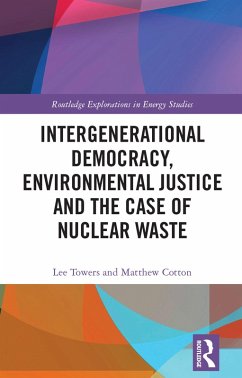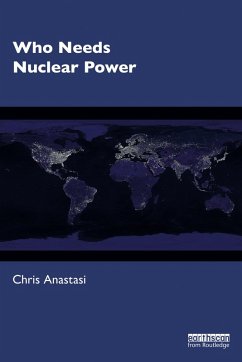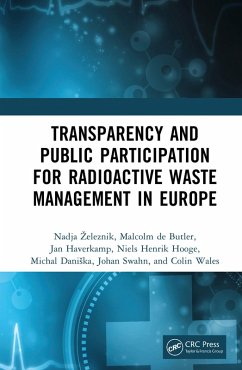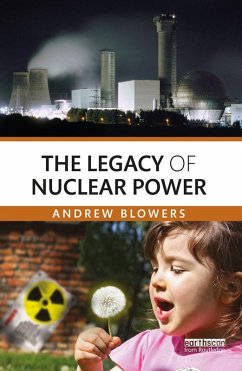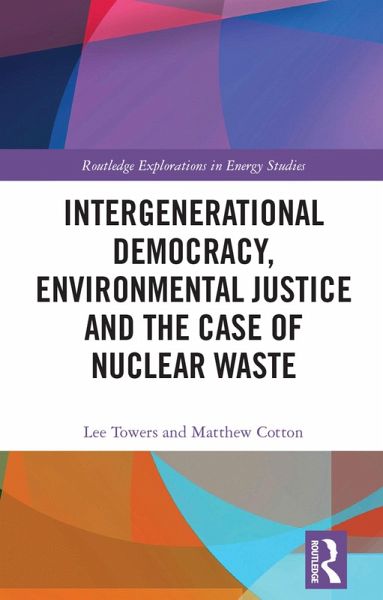
Intergenerational Democracy, Environmental Justice and the Case of Nuclear Waste (eBook, ePUB)
Versandkostenfrei!
Sofort per Download lieferbar
42,95 €
inkl. MwSt.
Weitere Ausgaben:

PAYBACK Punkte
21 °P sammeln!
This book explores the interplay between intergenerational justice and intragenerational justice using nuclear waste management as a consistent case to explore these themes.Lee Towers and Matthew Cotton examine the issue of intergenerational justice from a social scientific perspective, drawing on central case studies of nuclear waste management in Canada, Finland, and the United Kingdom. They connect indigenous philosophies and notions of justice with the concept of intergenerational democracy, advocating for better inclusion of youth and elders in decision-making that affects their well-bein...
This book explores the interplay between intergenerational justice and intragenerational justice using nuclear waste management as a consistent case to explore these themes.
Lee Towers and Matthew Cotton examine the issue of intergenerational justice from a social scientific perspective, drawing on central case studies of nuclear waste management in Canada, Finland, and the United Kingdom. They connect indigenous philosophies and notions of justice with the concept of intergenerational democracy, advocating for better inclusion of youth and elders in decision-making that affects their well-being. As such, the book's primary objectives are fourfold:
This short, accessible volume will be of great interest to students and scholars of energy, environmental justice, and ethics.
Lee Towers and Matthew Cotton examine the issue of intergenerational justice from a social scientific perspective, drawing on central case studies of nuclear waste management in Canada, Finland, and the United Kingdom. They connect indigenous philosophies and notions of justice with the concept of intergenerational democracy, advocating for better inclusion of youth and elders in decision-making that affects their well-being. As such, the book's primary objectives are fourfold:
- To assess whether trade-offs between intergenerational and intragenerational justice are necessary, and if so, what these trade-offs are and how they might be resolved.
To critically assess dominant western liberal philosophical approaches that shape contemporary intergenerational justice thinking in policy and practice, and consider alternatives drawn from anthropology and indigenous philosophies.
To assess how far our current capitalist system can achieve substantive forms of justice.
To critically examine three nuclear waste management case studies and assess how far these achieve environmental and energy justice and how they exemplify tensions between inter- and intragenerational justice.
This short, accessible volume will be of great interest to students and scholars of energy, environmental justice, and ethics.
Dieser Download kann aus rechtlichen Gründen nur mit Rechnungsadresse in A, B, BG, CY, CZ, D, DK, EW, E, FIN, F, GR, HR, H, IRL, I, LT, L, LR, M, NL, PL, P, R, S, SLO, SK ausgeliefert werden.




